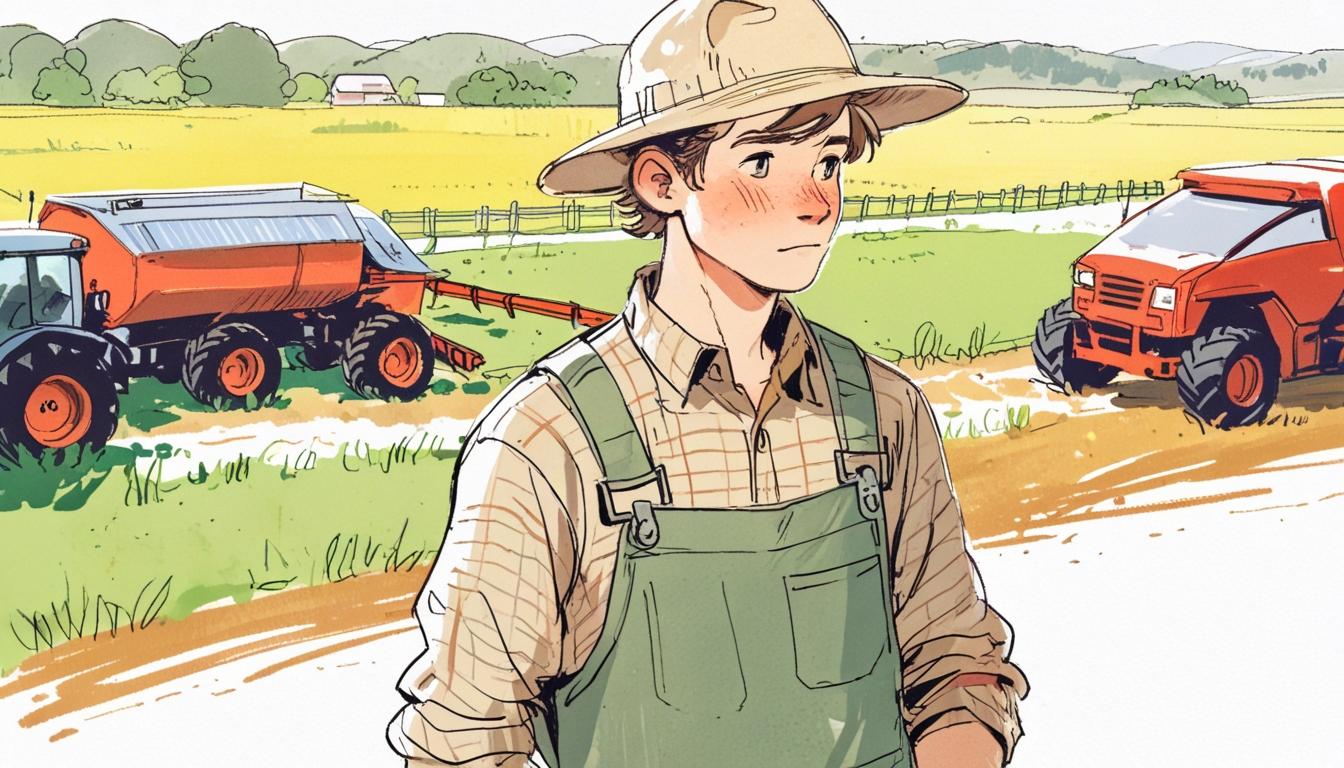Social isolation is a significant issue for individuals with neurodiversities, particularly children and teenagers, affecting their ability to engage in everyday social activities. This is especially evident in settings that are typically low-pressure for neurotypical people, such as barn dances or formal dinners, which can be overwhelming for those with conditions like attention deficit hyperactivity disorder (ADHD) or autism.
Research highlights the extent of this challenge. A 2023 study conducted by Swansea University and Brighton and Sussex Medical School found that people with autism are four times more likely to experience loneliness. Supporting this, the National Autistic Society reports that 79% of autistic people face social isolation. Group situations requiring multitasking social interactions can be particularly difficult, leading many neurodivergent individuals to limit or avoid socialising altogether.
Despite these barriers, most neurodivergent individuals seek social connections and friendships. However, differences in communication styles and the nature of social environments often hinder their ability to participate fully. A recent Farmers Weekly survey revealed that the prevalence of neurodiversity in the agricultural sector might be double that of the general population. Importantly, 59% of those self-identifying as neurodivergent noted that it affects their communication and social interaction, while 48% indicated that connecting with others who share similar experiences would be beneficial.
Jo Poulton, a new entrant into farming and diagnosed with ADHD in 2022, shared her experiences and strategies for coping with social challenges in this sector. She discovered her diagnosis after attending a farming conference where a speaker discussed ADHD alongside smallholding. Jo noted, “I went to that conference intending to learn more about farming, but came away realising this extra thing about myself because more than half the symptoms that the speaker listed applied to me too.” As the co-head grower at Sims Hill Shared Harvest, a Community Supported Agriculture project in Bristol, Jo emphasises preparation and communication as key tools. She told Farmers Weekly, “Mentally preparing myself for the situation helps, and also making others aware of my ADHD so that they can understand why I might be behaving in a certain way, that it is not because I am being rude. If I’m not in a big social mood it can be overwhelming if two or three people ask me different questions all at once. When that happens I have to take myself off for a moment or two to do some breathing exercises.”
In rural communities, organisations like the Young Farmers’ Clubs play a pivotal social role for young agricultural workers. The National Federation of Young Farmers’ Clubs (NFYFC) incorporates inclusive practices to support neurodivergent members. Chief officer James Eckley explained that all events encourage members to notify organisers in advance if adjustments are needed to participate fully, including for neurodiversity. Welfare support guidance and provision of “quiet” spaces at social events are standard features. Additionally, welfare and safeguarding training equips officers to recognise behaviours indicating additional support needs and facilitates conversations to implement necessary accommodations.
Molly Meade, a veterinary student from Hertfordshire with autism and ADHD diagnoses, also shared her perspective. Social situations pose unique challenges for Molly, who feels a strong need to be in control of her environment. She almost always drives to events, ensuring she has an escape route. “I have to know that I can leave when I want to and often have to do so very abruptly,” she said. Presence of a “safe” person increases her willingness to attend, and advance knowledge of event details is critical. Having engaged actively as an NFU Student Ambassador and Young Farmers member, Molly recognises the importance of inclusion initiatives. She observes that while the NFYFC is making strides at a national level, it is vital that this ethos continues at club and individual levels. However, she also notes a persistent challenge: “Farming is going through very challenging times and attitudes need to change otherwise it will drive people away.” She adds that discussions about neurodiversity often provoke a “collective rolling of eyes,” signalling room for further cultural shifts.
The Farmers Weekly is reporting that addressing neurodiversity in agriculture involves acknowledging the high prevalence of neurodivergent individuals in the sector, understanding their unique social needs, and creating supportive, inclusive environments. Organisations and individuals within farming communities are beginning to adopt practical measures, such as event adjustments and welfare training, to foster greater participation and reduce isolation. Clear communication, preparation, and the acknowledgment of diverse social experiences remain central to these efforts.
Source: Noah Wire Services
